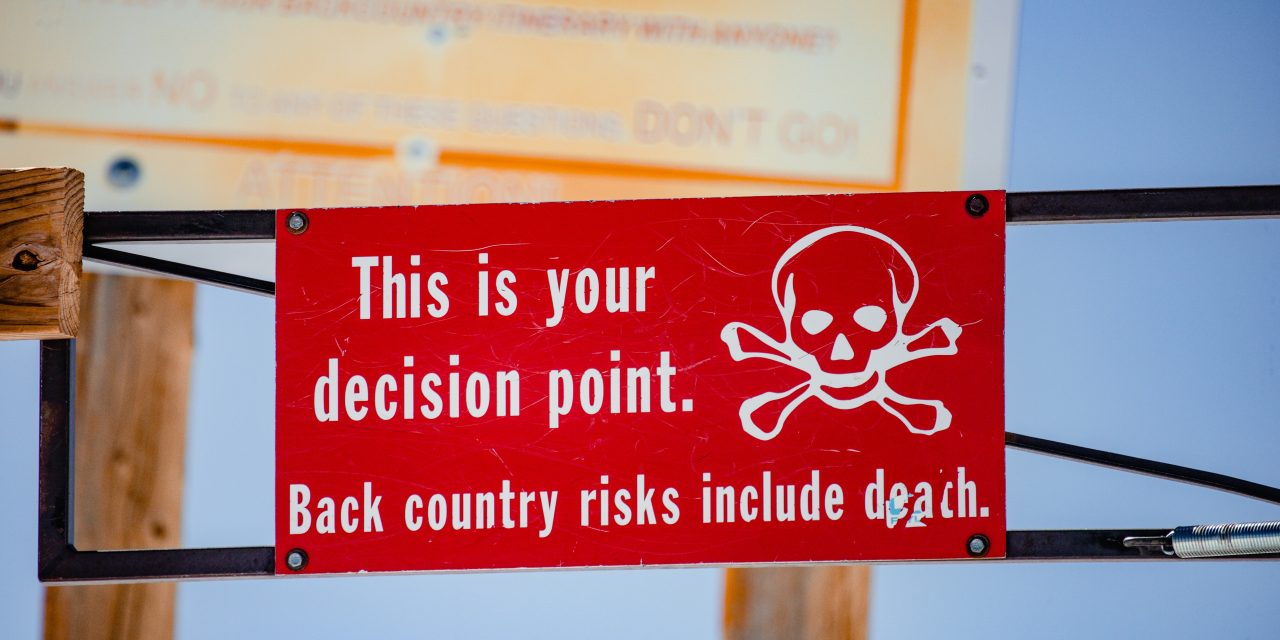The topic of risk management is one that hits close to home for many tour entrepreneurs. The fact of the matter is the even smaller mishaps that would have little to no effect on a larger business can sink a small business. However, unless you have plenty of experience in this area, you might not know what the best methods for reducing risk at your small business even are.
Understanding Tour Business Risks
Before we explore specific risks and solutions, it’s crucial to understand the types of risks that tour operators face. These include:
Operational Risks: These are related to the day-to-day functioning of your tour business, such as equipment malfunctions, logistics issues, or staff shortages.
Financial Risks: These encompass financial challenges like fluctuations in cash flow, future revenue, currency exchange rates, or unexpected expenses.
Legal Risks: Legal issues can arise from accidents, contractual disputes, liability claims, or regulatory compliance.
Market Risks: Market risks are associated with changes in customer demand, competition, or disruptions to the tourism industry, like a pandemic.
Reputation Risks: A tarnished reputation due to customer complaints, negative reviews, or accidents can severely impact your business.
Natural and Environmental Risks: These include weather-related disruptions, natural disasters, or ecological concerns that can affect tour itineraries and operations.
Let’s explore each of these risks in detail and offer potential solutions to mitigate them.
-
Operational Risks of Running Tours
Risk: Your tour equipment, such as vehicles or boats, could break down during a tour, leading to service disruptions and unhappy customers.
Solution: Regular maintenance and inspections are essential to prevent equipment failures. Create a maintenance schedule and invest in quality equipment. Additionally, having contingency plans, such as backup vehicles or alternative activities, can minimize disruptions and ensure customer satisfaction.
-
Cash Flow Management
Risk: Inconsistent cash flow can cripple your tour business’s ability to operate smoothly. More and more vendors are requiring advance deposits which eats into your cash flow. At the same time, irregular income streams, delayed payments, or excessive overhead can create cash flow gaps, making it challenging to cover essential expenses and invest in growth.
Solution: Implementing effective cash flow management practices is paramount. Negotiate aggressively with your vendors to waive advance deposit requirements, or find alternative vendors who will. Even if your business is small, create a comprehensive budget that accounts for all income sources and expenditures on tour – there’s no eye-balling a trip and guessing at profitability! Keep a close eye on past due payments from travelers and ensure timely invoicing and follow-ups on outstanding tours. Most importantly, when times are good, act like a squirrel by establishing a cash reserve to cover operational costs during lean periods.
-
Legal Risks
Risk: Accidents, injuries, or contractual disputes can lead to costly legal proceedings and damage your business’s reputation.
Solution: Invest in comprehensive insurance coverage, including liability insurance and always offer travel insurance for your customers (with a waiver they sign if they object to purchasing travel insurance). Ensure all contracts and agreements are clear and legally sound. Implement stringent safety protocols and provide training for your staff to reduce the risk of accidents.
-
Market Risks
Risk: Changing customer preferences, increased competition, or external events like economic downturns and pandemics can impact your tour’s demand and profitability.
Solution: Stay updated on market trends and customer preferences. Diversify your tour offerings to cater to a broader audience. Establish strong marketing strategies and partnerships to attract and retain customers. Being flexible and acting quickly in adjusting your offerings based on market conditions can also help.
-
Reputation Risks
Risk: Negative customer reviews, complaints, or accidents can damage your tour business’s reputation and lead to a decline in bookings.
Solution: Prioritize excellent customer service and safety. Respond promptly and professionally to customer feedback and complaints. Implement a robust online reputation management strategy to encourage positive reviews and address negative ones.
-
Natural and Environmental Risks
Risk: Weather-related disruptions, natural disasters, or environmental concerns can impact tour itineraries and operations.
Solution: Stay informed about weather forecasts and potential natural disasters in your operating area. Have contingency plans in place for itinerary changes due to adverse conditions. Consider offering alternative indoor or less weather-dependent activities to ensure customer satisfaction.
Running a tour business can be rewarding, but it’s essential to be proactive in managing the unique risks that come with the territory. By understanding and addressing operational, financial, legal, market, reputation, and natural/environmental risks, you can reduce vulnerabilities and enhance the resilience of your tour business.
Remember that risk management is an ongoing process. Regularly review and update your risk management strategies to adapt to changing circumstances and emerging risks. With a solid risk management plan in place, you can continue to offer incredible experiences to your customers while safeguarding your business’s sustainability and success.







